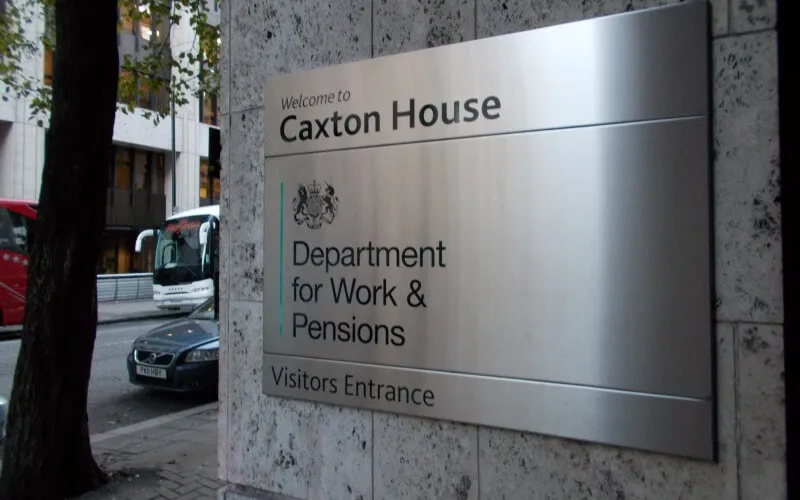The Department for Work and Pensions (DWP) has admitted to the public spending watchdog that its system of disability benefits assessments is too slow, too expensive and too inaccurate, and too many claimants do not trust how it makes decisions.
The admissions are contained in a National Audit Office (NAO) report which provides the most detailed analysis yet of “ambitious” DWP plans to simplify the application and assessment system, which currently provides disability benefits to an estimated 3.9 million working-age people.
The report says DWP’s billion-pound Health Transformation Programme represents “an opportunity to substantially improve the cost, timeliness, and accuracy” of benefit assessments “while improving the experience for claimants and increasing the trust they have in the system”.
The NAO report, Transforming Health Assessments for Disability Benefits, concludes: “While the programme is ambitious and has the potential to make savings and improve the experience of those being assessed, the scale and complexity of the transformation leaves it at high risk of delay, cost overruns, and of not achieving the intended benefits.”
In the report, NAO says DWP wants to improve the current service and believes it can improve the cost of assessments, the speed and accuracy of initial decisions, and the level of trust among claimants in how it makes its decisions.
The Health Transformation Programme was launched five years ago and is expected to run until 2029, costing more than one billion pounds.
As part of plans to create a single “integrated” service, it is awarding contracts to provide both personal independence payment (PIP) assessments and work capability assessments to a single contractor in each of four areas of England, Scotland and Wales.
It also wants to create a single digital system for the department and its providers to use, which will reduce the need for claimants to provide information multiple times; allow online PIP applications; and use a “triage system” to reach a decision more quickly on straightforward claims.
DWP says it aims to make the assessment process “simpler, more user-friendly, easier to navigate, and more joined-up for claimants, whilst delivering better value for money for taxpayers”.
NAO says the Health Transformation Programme is the “primary means by which DWP hopes to implement further reform of disability benefits, including removing the Work Capability Assessment”.
But it warns that there “remain risks to value for money” which will need to be “carefully managed”.
Disability News Service (DNS) is also reporting this week that DWP may be planning to further “transform” the disability benefits system by merging personal independence payment (PIP) and other extra costs benefits with universal credit (see separate story).
One of the advantages for welfare rights activists of the NAO report is that it provides the first detailed description of DWP’s reform plans, and includes admissions from the department about its current failings.
The report says that 12 per cent of decisions about PIP claims between 2018 and 2022 were overturned by a mandatory reconsideration or on appeal.
When excluding claims that were initially awarded the maximum daily living and mobility components of PIP, this rises as high as 15 per cent.
These are similar to figures reported by DNS following a freedom of information request in 2019, which found that of all PIP claims completely rejected by DWP in the year to June 2018, 14 per cent were eventually overturned because the decisions were found to have been wrong.
At the time, DWP refused to accept that the figures provided a more accurate picture of how well the PIP assessment process was working than those usually quoted by ministers, which look only at the proportion of PIP decisions eventually overturned at appeal.
A note from the editor:
Please consider making a voluntary financial contribution to support the work of DNS and allow it to continue producing independent, carefully-researched news stories that focus on the lives and rights of disabled people and their user-led organisations.
Please do not contribute if you cannot afford to do so, and please note that DNS is not a charity. It is run and owned by disabled journalist John Pring and has been from its launch in April 2009.
Thank you for anything you can do to support the work of DNS…

 ‘Disastrous’ cuts bill that leaves legacy of distrust and distress ‘must be dropped’
‘Disastrous’ cuts bill that leaves legacy of distrust and distress ‘must be dropped’ Four disabled Labour MPs stand up to government over cuts to disability benefits
Four disabled Labour MPs stand up to government over cuts to disability benefits Silence from MP sister of Rachel Reeves over suicide linked to PIP flaws, just as government was seeking cuts
Silence from MP sister of Rachel Reeves over suicide linked to PIP flaws, just as government was seeking cuts